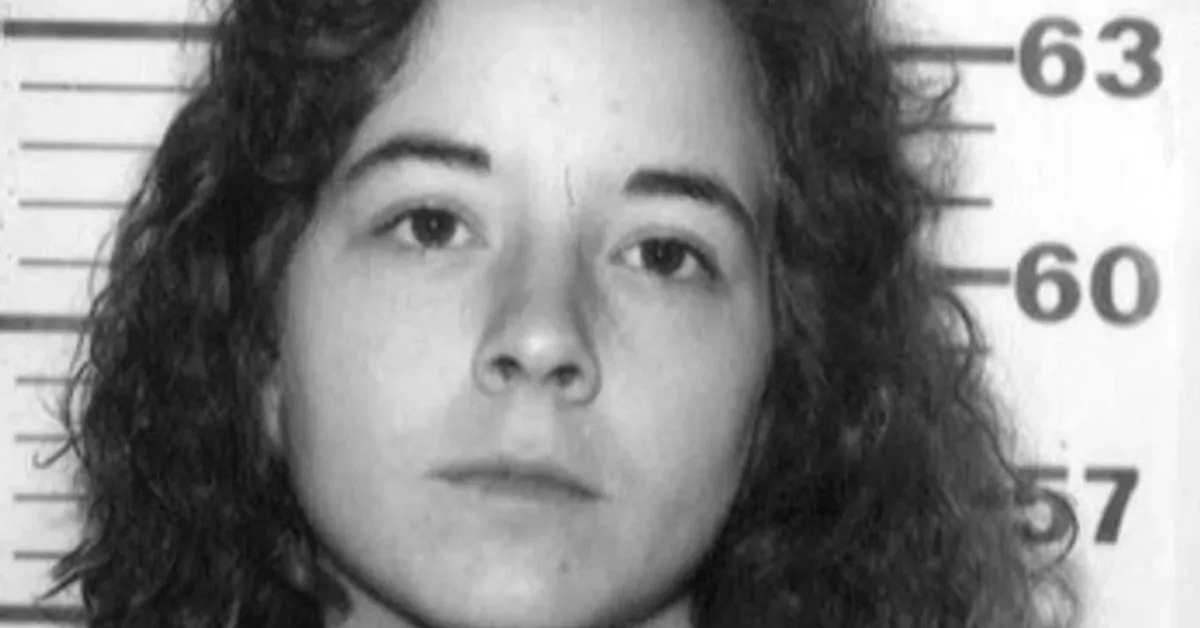As of November 12th, South Carolina’s Office of Victim Services had received 383 correspondences regarding Susan Smith’s scheduled parole hearing. Only six answers favored her early release from prison. Smith is the renowned South Carolina mother who murdered her children by driving her car down a Union County, SC, boat ramp with the children strapped into their car seats in the rear. She lied to authorities in 1994, claiming that a black man carjacked her, forced her out of the vehicle, and drove away with the children. For nine days, the neighborhood and nation searched for three-year-old Michael and 14-month-old Alexander based on Smith’s false information. Smith eventually confessed to the crime under pressure from law enforcement as elements of her story began to unravel. Smith, who served 30 years of her life sentence for two counts of murder, became eligible for release on November 4, 2024. We have scheduled her hearing for Wednesday, November 20. News 13 will be in Columbia, South Carolina, for the hearing.
According to the South Carolina Paroles and Pardons Board, parole is the early release of an inmate from the Department of Corrections into the custody of the SC Department of Probation, Parole, and Pardon Services. The department will supervise the inmate to complete the remainder of their sentence. Smith became parole eligible after serving one-third of her whole life sentence.
The South Carolina Board of Paroles and Pardons consists of seven members, one from each congressional district. The Governor appoints members to six-year staggered terms, with the State Senate’s agreement. In the case of serious criminals, the whole board may grant parole with a 2/3 majority for crimes committed on or before May 23, 1977, or after June 2, 1996. Crimes committed between these dates just require a simple majority. South Carolina grants parole to nonviolent prisoners by a simple majority vote.
Before, during, and after imprisonment, the board must carefully review the prisoner’s record, and it cannot grant parole until it is satisfied that the prisoner meets the five requirements. The criteria include the following:
- That the prisoner has shown a disposition to reform
- That in the future they will probably obey the law and lead a correct life
- That by their conduct they have merited a lessening of the rigors of their imprisonment
- That the interest of society will not be impaired thereby
- And that suitable employment has been secured for them
News 13 reports that the board makes decisions based on their own discretion. PPP states that the Board may make the decision for Smith immediately after the hearing, or it may delay any judgment until a later day or time.
The Board will reevaluate an offender under the following schedule if it deems them unsuitable for parole:
- Every Two Years for Inmates serving for Violent Offenses.
- Every Year for certain Inmates serving for Violent Offenses 05/24/1977 – 06/02/1986.
- Every Year for Inmates for serving Non-Violent Offenses







Leave a Reply